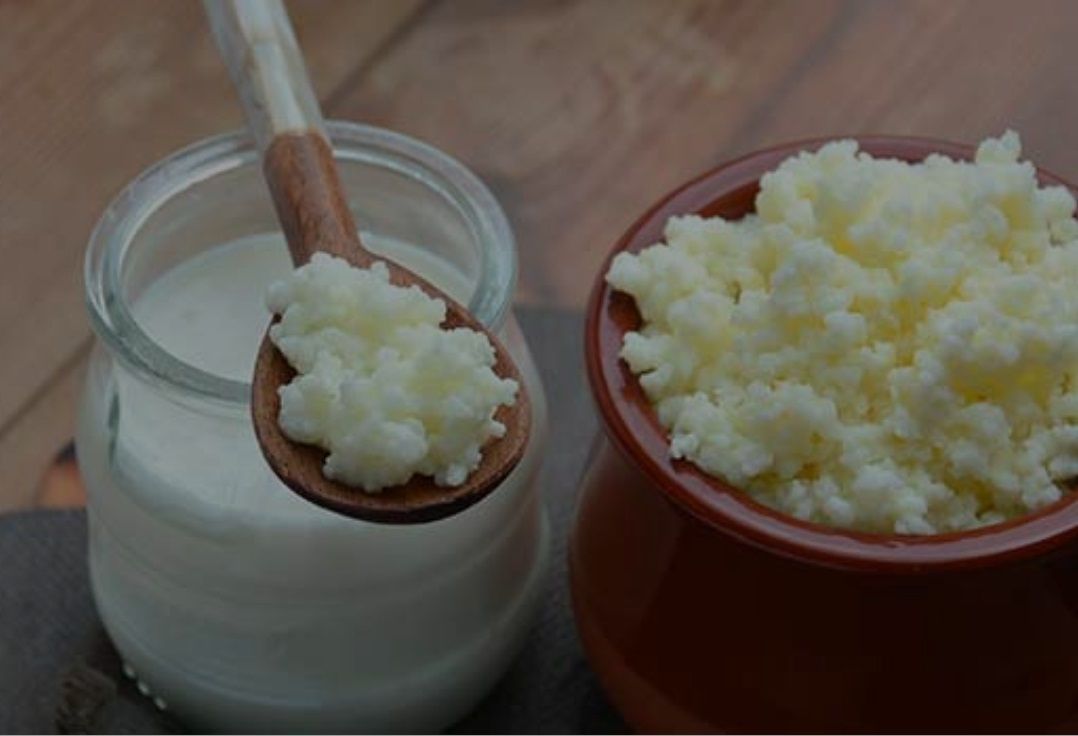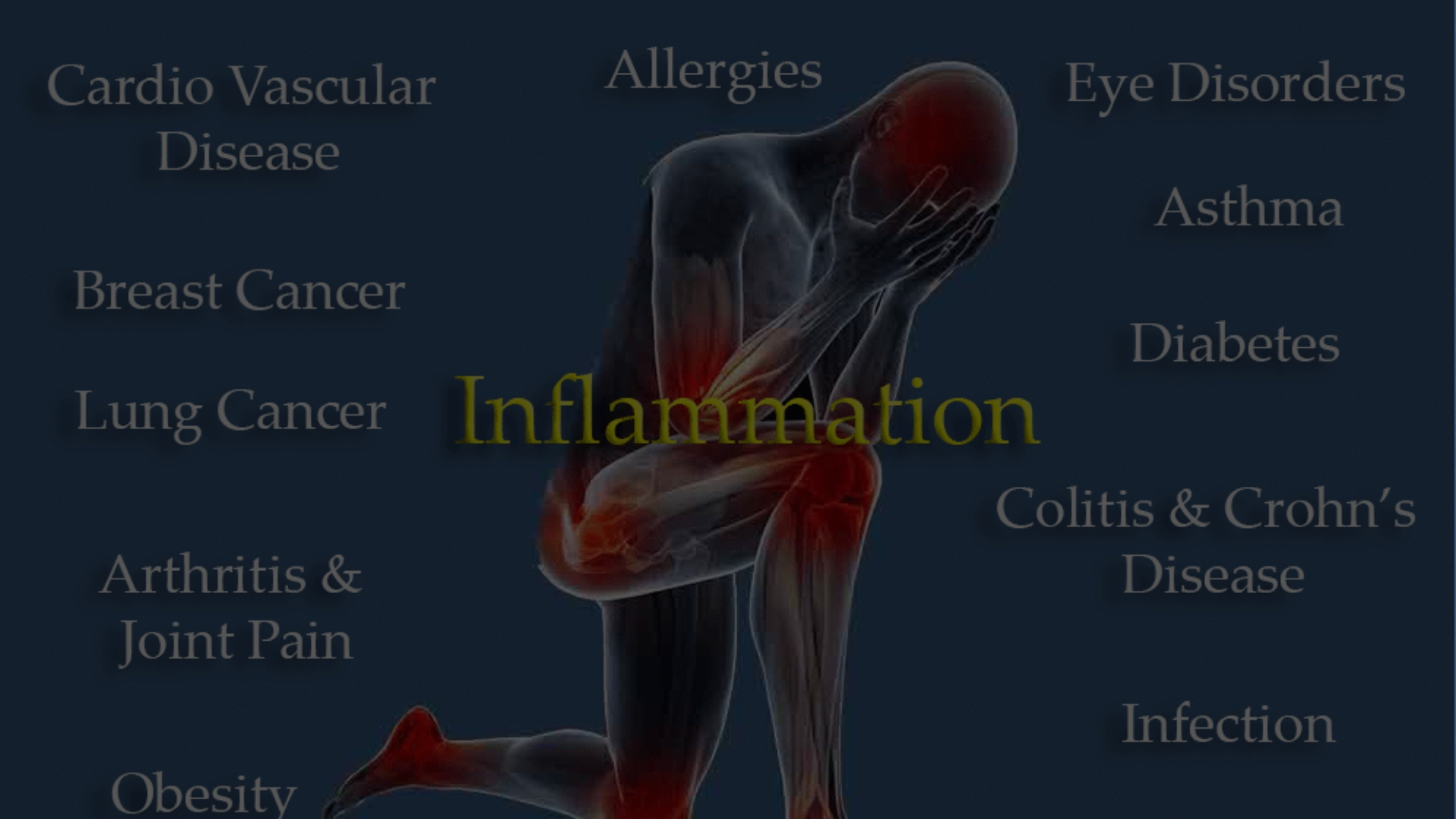Spring is already here and as we move into summer, I’m sure you ladies will be digging out your swimwear and your bikinis and looking forward to booking a summer holiday.
The good news that we still have several months to prepare our beach bodies but no doubt the weeks will fly by so there’s no time like the present to start thinking about how to shed a few pounds.
With that in mind this blog will outline some top tips about what to focus on if you really want to lose some weight in time for summer.
The problem with fad diets
Before we come to those tips it’s worth noting that trying to lose weight for so many people means trying out the latest fad diet. My question for you if you have tried out those fad diets is have you ever managed to keep the weight off? Or does your weight fluctuate, like the yo-yo effect?
The problem with fad diets is that they are too difficult to stick to and they only focus on food. They overlook the fact that weight loss is not simply about what you eat, it’s also about how you eat, what your lifestyle is like and what genes you’ve inherited from your parents. All these factors should be taken into account as you work towards reaching a weight goal that’s sustainable.
So here are my top tips for losing weight and staying healthy this summer
1 – It’s about more than just food
Losing weight is not about just focusing on the food you eat, it’s about much more than that.
2 – Set yourself a target weight and date
Setting a target weight and date to strive towards can help you retain the kind of focus that can make all the difference. Although, if you don’t reach your desired weight goal then you mustn’t despair, simply focus on how much weight you have lost and try to maintain that positive mindset.
Always give yourself a minimum of three months because your metabolism will need time to adjust to its new regime. Starting out with a cleanse can be beneficial as it will help your body rid itself of parasites, candida and old waste.
3 – Be sure to get enough sleep
If you don’t get enough sleep, your body will not fat burn efficiently. This also means that your cortisol levels will increase due to stress and have a knock-on effect on your appetite. Stress has a negative effect on weight, the first place we store fat is around our midriff, in particular during the menopause, due to the drop in estrogen levels.
Getting into good lifestyle habits will help you and your body relax and will change your mindset to calm the adrenals. Remove anything that causes you a lack of sleep, for example, watching TV just before you go to bed, or using a computer late at night. Instead you could read a book, do something relaxing, like deep breathing exercises or turn on some of your favourite ‘chill out’ music. Remember that a relaxed mind means a relaxed body which equals more efficient fat burning.
3 – Beware of intolerances
Food intolerances can also play a major part in weight gain, in particular if your body reacts negatively to certain foods. This negative reaction provokes an inflammatory response to the negative food which can then make it more difficult for you to lose weight.
4 – Stay active
If you’re aiming to lose weight then you should try to include some exercise in your daily routine. If going to the gym is not your thing then you can always walk to your local shop instead of driving, take the dog out for a walk, climb up and down the stairs more times than usual or find some other way to add some exercise into your routine.
5 – Be careful with carbs
Try to exclude eating carbohydrates in your evening meal. Instead, eat a good source of protein and a mix of vegetables. Eating nutrient dense food will help eliminate any food cravings and give you the sense of feeling full and satisfied.
The problem with carbohydrates is that they turn into sugar during digestion and can disturb your sleep patterns. Normally people wake up during the early hours of the morning because their blood sugar takes a dip, causing insulin to move the sugar out of the blood and into the cells, which gives you a sleepy sensation. This is all great but when that dip takes place blood sugar triggers a stress response in the body, increasing both cortisol and adrenaline, waking you up and potentially keeping you from getting the sleep you need.
6 – Eat with the sun
A good rule of thumb is to always eat like the sun – so as the sun winds down so should you.
You should also give yourself at least a five hour break between meals because this will support correct metabolism and give your digestion process a break before it deals with the next intake of food.
7 – No food after 9pm
You should always aim to complete your final meal of the day by 9pm. The reason for this is that your liver is an organ of filtration and it works very hard to make sure that nutrients are absorbed and fat is digested but eating late at night overworks the liver and makes it sluggish and makes the fat burning process inefficient.
8 – Drink plenty of water
Always make sure that you drink enough water if you’re trying to lose weight. Insufficient water in the body makes it harder to get rid of morbid matter and toxins. You should aim to drink at least between 1.5 and 2 litres of water per day.
I hope these tips help you achieve your weight loss goals this summer!
Remember that steady weight loss is far better than losing weight too fast because sudden changes to your diet put your body into starvation mode which make it cling on to fat, which then makes it super difficult to keep the weight off.
Thanks for reading everyone – until next time – be positive, be sensible and treat your body with respect!
And if you found this post helpful please share the inspiration on Twitter, LinkedIn and Facebook







